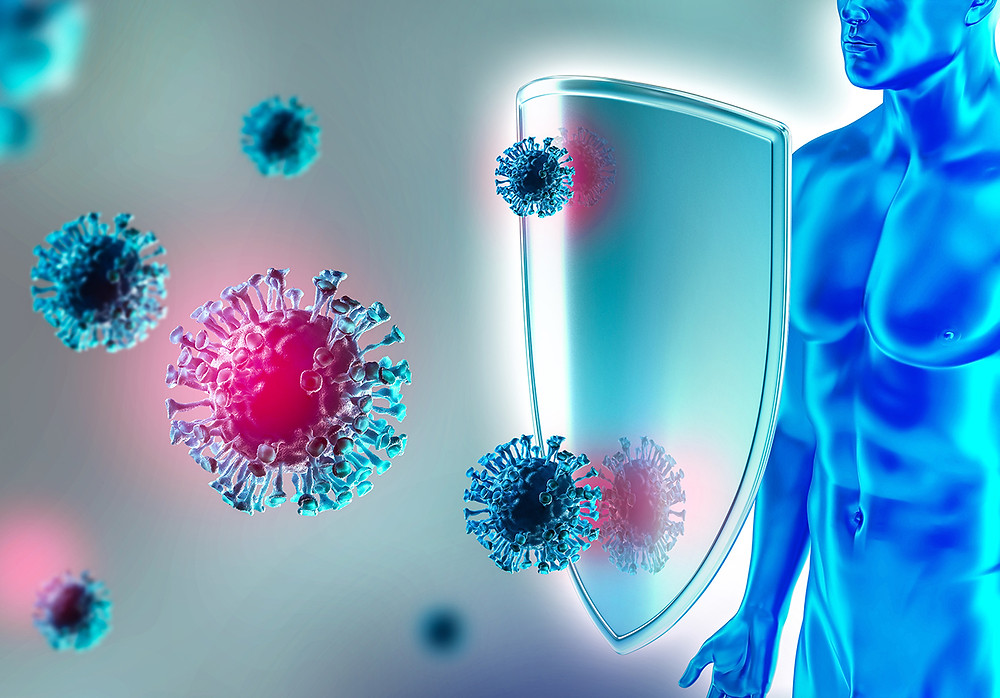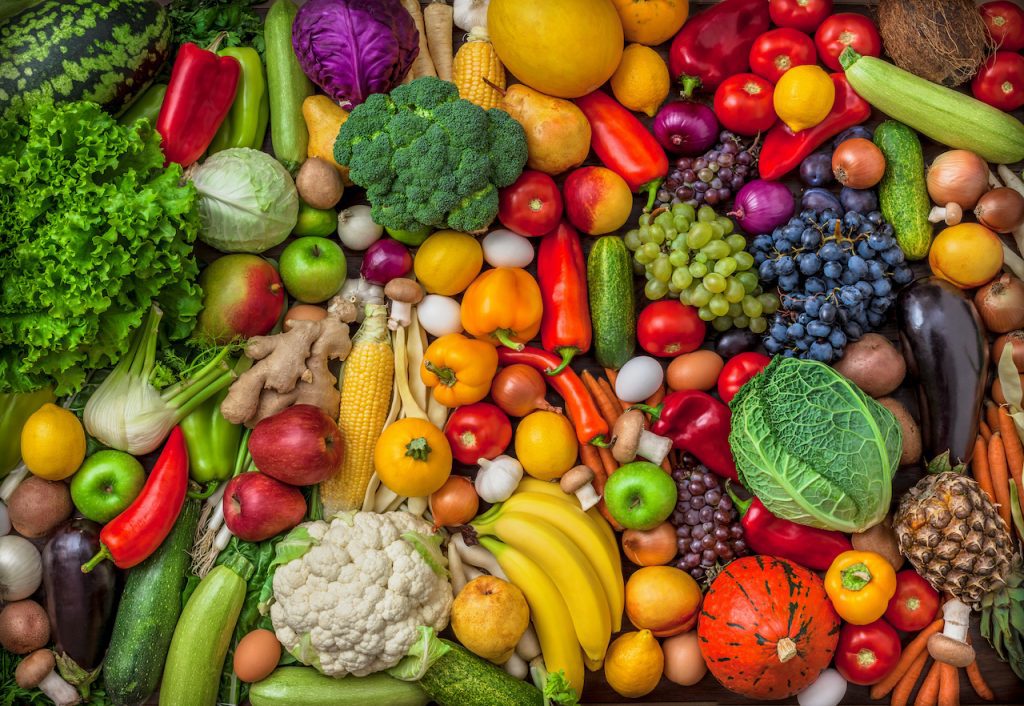
The immune system is the body’s natural defense against infectious organisms. A healthy immune system protects the body against infections and diseases. It consist of the body systems and organs that makes the body resistant to toxins and infections. Some of these organs include the lymph nodes, bone marrow and thymus. There are several ways to boost your immune system.
Outlined below are some ways to boost your immune system naturally
- Watch What You Eat
A diet rich in antioxidant is essential to supporting your immune system. Antioxidants are abundant in many fruits and vegetables. Healthy fats such as omega 3 fatty acids available in oily fish, flaxseed and krill oil also help to increase your body’s production of compounds involved in regulating immunity. Including garlic and ginger in your meals is also helpful. Garlic has been proven by research to possess virus fighting and bacteria-killing properties, while ginger is a natural anti-inflammatory.
- Drink Plenty Of Water
Drinking plenty of water and staying away from sugary beverages, like soda and energy drinks may also help boost your immune system by cleaning it. Also as much as you can, avoid caffeinated drinks (drinks with caffeine). The presence of caffeine in the body robs the body of minerals and vitamins. It also dehydrates the body.
If you drink coffee, make sure you add an additional two glasses of water to your water intake per cup of coffee.
- Exercise Regularly
Regular exercise can mobilize your ”T cells”, a type of white blood cells known to guard the body against infections. Studies have shown that people who engage regularly in moderate exercise are generally healthier than those who don’t. You can schedule personal gym appointments on your own or you can be guided by an instructor. Home workouts are also encouraged, as it is readily available. Walking can also be a very effective way to exercise.
Walking As A Form Of Exercise
Walking is one of the simplest and safest form of exercise you can do. It will help strengthen your bones, control your weight and is good for your heart and lungs. Though walking is a very simple exercise, it provides the following benefits to the body:

- It helps your heart and lungs function even better
- It helps the body burn fats
- Walking raises your metabolism, so you’re burning calories faster, even while you rest.
- It helps control your appetite.
- It increases your energy and reduces stress
- Walking promotes restful sleep.
- It strengthens the bones and reduces stiffness of the joints due to inactivity.
- It improves your flexibility and posture.
- It elevates mood
You could start out by setting a short-term goal of walking five minutes once or twice daily. From there, you can set longer term goals, such as walking two or three times a day for twenty minutes a session.
When setting out to go for a walk, a good pair of shoes is required, shoes that are comfortable and provide good support to the feet will do.
- Sleep Well
The amount of sleep people need varies widely. It ranges from 5-10 hours per night. It is important to find your own personal sleep requirement and get it. Sleep had been linked to balanced hormone levels, clear thinking and reasoning, improved mood and healthy skin.
- Take Care Of Yourself
Caring for yourself and doing things that you love help immensely to boost your wellbeing. Spend time with your loved ones and engage regularly in activities that truly make you happy. Your health will improve very much when you do that, you will see that you get healthier and stronger.
Vegetables And The Immune System
Vegetables are some of the most natural foods in the world. They contain vitamins, minerals and thousands of other plant chemicals known to provide health benefits to the body’s immune system. Vegetables are low in fat and calories; a good source of dietary fibre that also provide the body with extra energy. All these help to control effectively, as they fill the stomach faster and limit the total amount of food consumed.

The presence of many vitamins and other chemicals in vegetables supply the body with nutrients necessary to boost energy production within the muscle cells. This gives a natural feeling of vitality and the energy to become more active.
Vegetables are also low in sodium, so they help reduce water gain. Sodium is present in virtually all processed foods; it causes the body to hold water within the interstitial areas of the body. Its estimated that many average people may be holding up to five pounds of additional water caused from a high intake of sodium. Any reduction in sodium will help lose water weight and if we eat more vegetables, our sodium intake naturally lowers.
So make a healthy choice and eat vegetables today. They may not look too attractive, but they’ve got immense immune benefits.